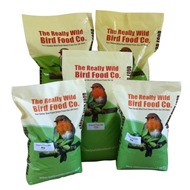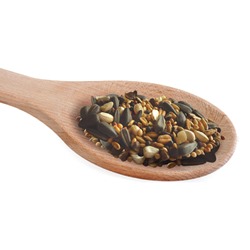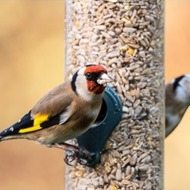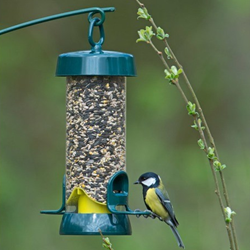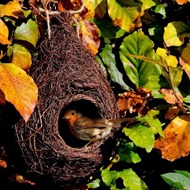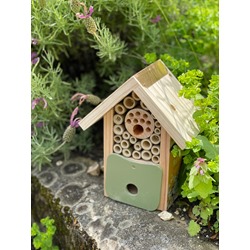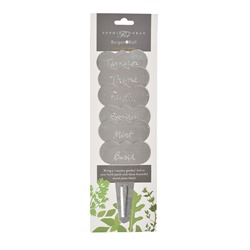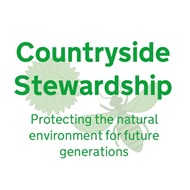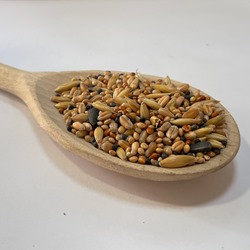- Home
- Bird Foods
 Back
Back Bird Foods
Bird Foods
- VIEW ALL Bird Foods
-
 Seed Mixes
Seed Mixes -
 Straight Seeds
Straight Seeds -
 Mealworms & Worms
Mealworms & Worms -
 Chicken Feed
Chicken Feed -
 Duck Food
Duck Food -
 Peanuts & Peanut Butter
Peanuts & Peanut Butter -
 Suet & Fat Balls
Suet & Fat Balls -
 No Mess Bird Seed
No Mess Bird Seed -
 Wheat Free Bird Seed
Wheat Free Bird Seed -
 Sunflower Seeds
Sunflower Seeds -
 Softbill Bird Food
Softbill Bird Food -
 Bulk Bird Seed
Bulk Bird Seed -
 Trial Packs
Trial Packs -
 Pick & Mix
Pick & Mix -
 Mini Pick & Mix
Mini Pick & Mix -
 Birdie Basics: Budget Bird Food
Birdie Basics: Budget Bird Food -
 Food for Small Birds
Food for Small Birds
- Bird Feeders
 Back
Back Bird Feeders
Bird Feeders
- VIEW ALL Bird Feeders
-
 Seed Feeders
Seed Feeders -
 Peanut Feeders
Peanut Feeders -
 Peanut Butter Feeders
Peanut Butter Feeders -
 Suet & Fat Feeders
Suet & Fat Feeders -
 Window Feeders
Window Feeders -
 Hanging Feeders
Hanging Feeders -
 Feeding Stations
Feeding Stations -
 Ground Feeders
Ground Feeders -
 Easy Clean Feeders
Easy Clean Feeders -
 Bird Tables
Bird Tables -
 Seed Trays
Seed Trays -
 Bird Baths & Drinkers
Bird Baths & Drinkers -
 Feeder Accessories
Feeder Accessories -
 Feeder Hygiene
Feeder Hygiene -
 Squirrel Proof Bird Feeders
Squirrel Proof Bird Feeders -
 For the Kids
For the Kids -
 Niger Seed Feeders
Niger Seed Feeders -
 Mealworm Feeders
Mealworm Feeders -
 Bird Food Storage
Bird Food Storage -
 Fat Ball Feeders
Fat Ball Feeders -
 Tube Feeders
Tube Feeders
- Wildlife Products

- Gift Ideas

- Countryside Stewardship

- Sale

-
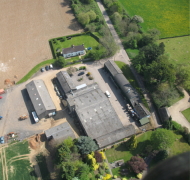 Our Farm
Our Farm
-
 Tips & Advice
Tips & Advice
-
Contact Us

